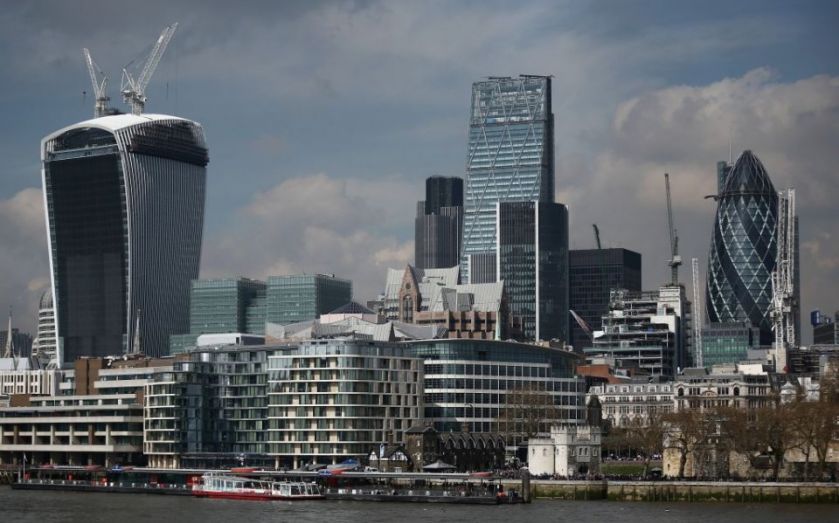| Updated:
Business received more than it hoped for in this year’s Autumn Statement

It may not be as exciting as an iPad or as romantic as jewellery, but George Osborne’s Autumn Statement last week was in many ways business’s equivalent of Christmas, with rewards for some – and coal for others. On the whole, however, the picture for the City was positive, with action proposed for some of the trickiest issues facing the Square Mile today.
Technical though it is, the investigation announced into the reform of business rates is an important step towards solving what has been a key issue for the business community since the advent of internet retailing. The market only works when businesses are competing on a level playing field; currently this is not the case.
The City has worked hard in recent years to develop a lively, high quality high street shopping experience for its 400,000 workers and 10,000 residents in Cheapside and Royal Exchange. A good mix of shops, bars and restaurants is crucial to attracting people to a city, and must be maintained if we are to draw business to London. Shops should not struggle to preserve a vital physical presence in our towns.
However, innovative online retailers and new, small businesses should not be penalised either. The City is home to 15,000 of London’s SMEs, and they have helped the economic recovery through their innovation. These are the companies we should be encouraging, and the £900m set aside for SME funding was particularly welcome for that reason. The ability of SMEs to access finance is essential in ensuring that we can continue to lead the world in technology and innovation.
So any reform to business rates must ensure that the interests of all parties are balanced – and that local authorities, which depend on these rates to provide high quality local services, are not deprived of funding. As further steps towards increased devolution are taken, this could be an important opportunity for local authorities to move to new avenues of funding.
The changes to corporation tax also herald a new era for the financial services industry. Corporations from all industries have been attacked for paying very little corporation tax over the past few years. But as our new research report showed last week, in the financial services industry, the total tax contribution was up to £65.6bn last year – almost as high as before the recession, with taxes apart from corporation tax jumping for another year. The chancellor has purposefully moved away from corporation tax – making another step in this direction on Wednesday – towards more stable and established taxes, such as employers’ national insurance contributions and irrecoverable VAT, to help both the Treasury and the banks better predict their tax levels.
Next year sees the General Election, and the year after sees London’s mayoral election. Until those are settled, significant uncertainties remain for the business community. The Autumn Statement has given much-needed stability and clarity; businesses got more than they hoped for on their Christmas wish-list. Now is the time to set our sights on the horizon of the New Year.